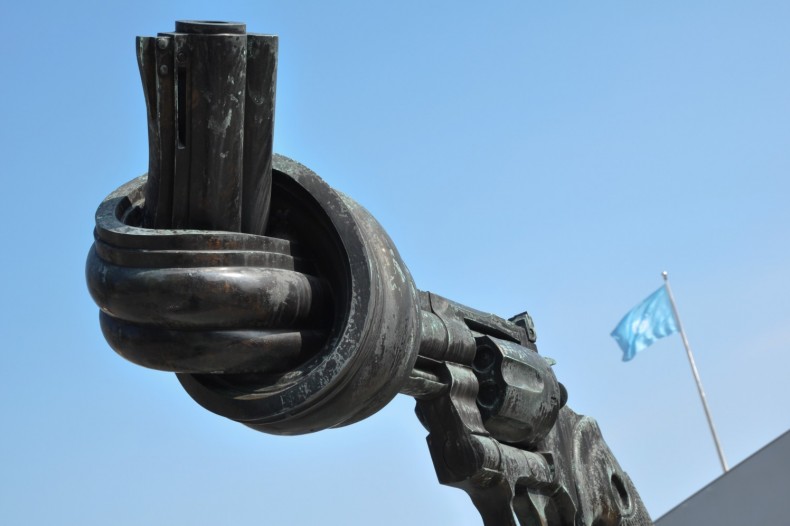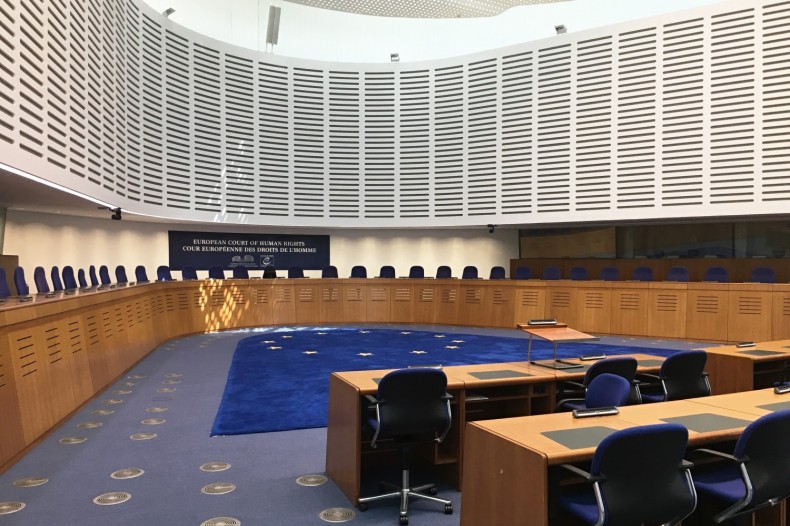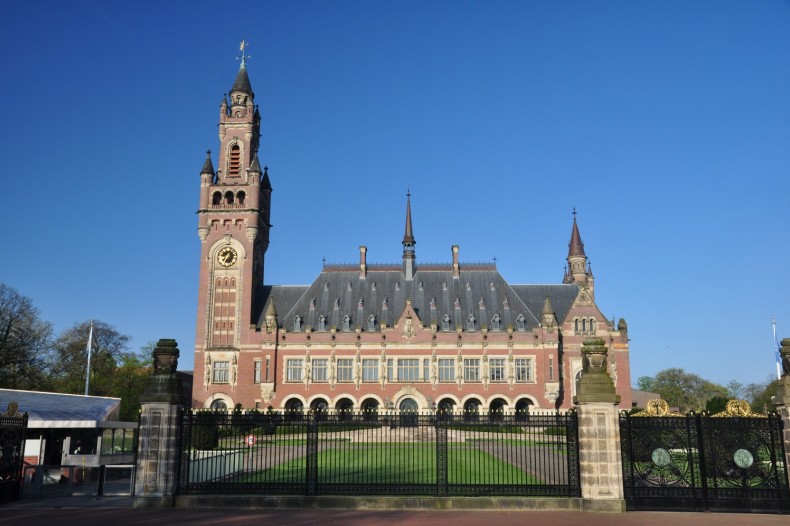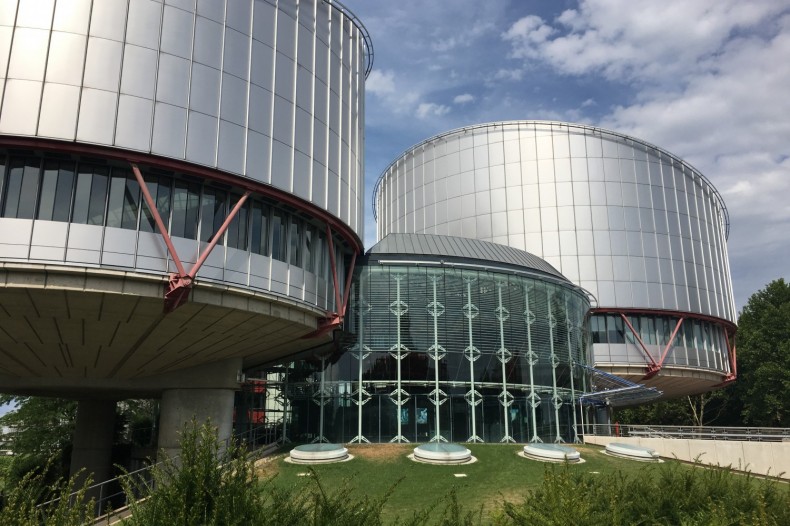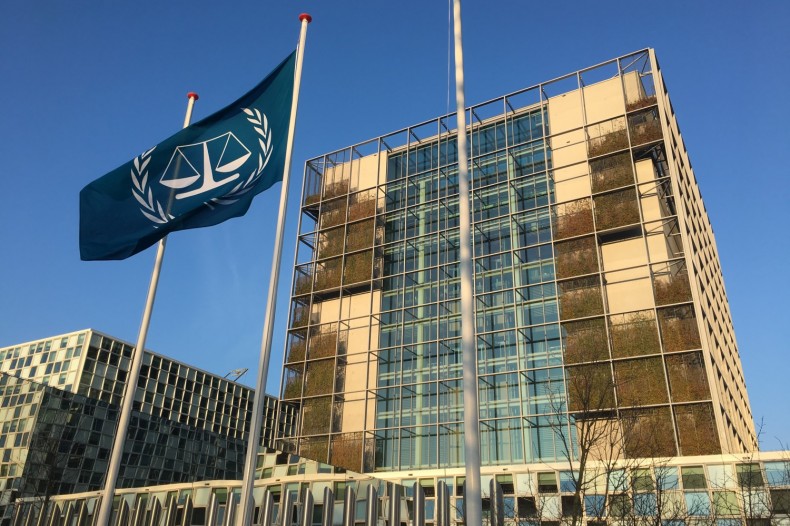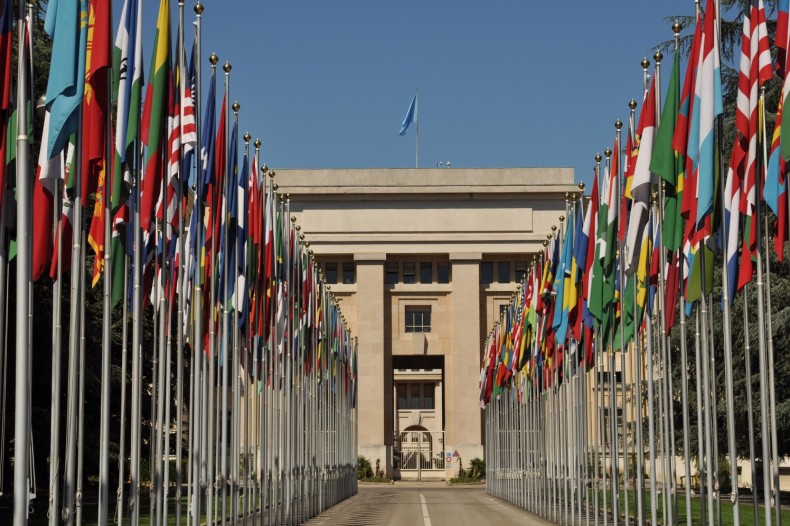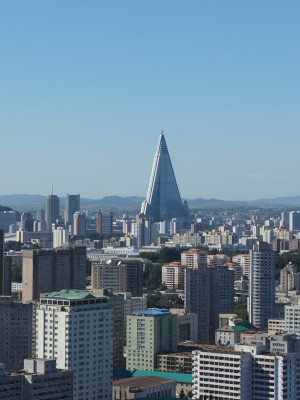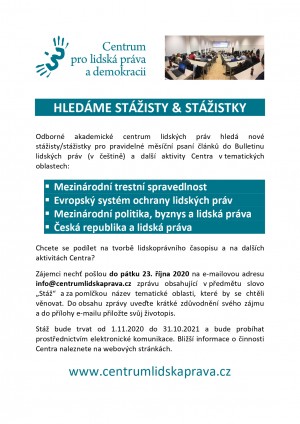Centrum pro lidská práva a demokracii
Nezávislá akademická instituce, která sleduje lidská práva v Česku i ve světě. Centrum vydává měsíční online časopis, pořádá konference a zajišťuje informování o lidských právech.
Bulletin si můžete stáhnout zde.
Aktuální vydání Bulletinu lidských práv zahajujeme příspěvkem Pavla Doubka o jednání lidskoprávních smluvních orgánů v Ženevě v druhé polovině roku 2020. Jaké důležité závěry přinesly Výbor pro lidská práva, Výbor pro hospodářská, sociální a kulturní práva, Výbor pro odstranění diskriminace žen nebo Výbor pro práva dítěte? A jak jejich zasedání ovlivnila probíhající pandemie?
Despite being busy dealing with the coronavirus pandemic, the Korean peninsula may not be as stabilized as it seems. What is the likely scenario of the recent development in North Korea and what should we, and the US in particular, be aware of?
When it comes to North Korea, the most serious security concern is certainly its pursuit of nuclear weapons and long-range missiles. Although nuclear negotiations between the United States and North Korea have been going on for more than thirty-five years, they have not come to a long-lasting agreement.
Odborné akademické centrum lidských práv hledá nové stážisty/stážistky pro pravidelné měsíční psaní článků do Bulletinu lidských práv (v češtině) a další aktivity Centra v tematických oblastech:
- mezinárodní trestní spravedlnost
- evropský systém ochrany lidských práv
- mezinárodní politika, byznys a lidská práva
- Česká republika a lidská práva
Chcete se podílet na tvorbě lidskoprávního časopisu a na dalších aktivitách Centra?
Zájemci nechť pošlou do pátku 23. října 2020 na e-mailovou adresu info@centrumlidskaprava.cz zprávu obsahující v předmětu slovo „Stáž“ a za pomlčkou název tematické oblasti, které by se chtěli věnovat. Do obsahu zprávy uveďte krátké zdůvodnění svého zájmu a do přílohy e-mailu přiložte svůj životopis.
Ve světě je čím dál častější omezení přístupu k internetu pomocí státních opatření. Vede se proto debata, zda je přístup k internetu novým “digitálním základním lidským právem” a zda je možné ho omezit, případně za jakých podmínek. Soudní dvůr Hospodářského společenství západoafrických států (ECOWAS) svým přelomovým rozsudkem z letošního června rozhodl, že přístup k internetu je neoddělitelný od svobody projevu a je tedy i právem každého člověka.
Snahy omezit přístup k internetu
Spolu s příchodem internetu a sociálních sítí se lze čím dál častěji setkat s regulací jejich užívání. Zatímco v řadě zemí je přístup uživatelů omezen pouze ve vztahu k některým webovým stránkám, resp. IP adresám, jiné státy, jako například Čína nebo Írán, dokonce přistoupily k zavedení nezávislého národního internetu. K podobnému kroku se uchýlila též Rusko, kde v listopadu 2019 začal platit zákon, díky němuž země zavedla svůj vlastní internet, který je kontrolován výhradně státní mocí. Chce se tak chránit před možnými kybernetickými útoky.
Bulletin si můžete stáhnout zde.
prázdninové vydání Bulletinu lidských práv zahajujeme příspěvkem Evy Kostolanské, která zdůrazňuje, že i v době pandemie je nutné zohledňovat práva dětí. Při zavádění jakýchkoliv opatření tak musí být vždy brán v úvahu nejlepší zájem dítěte.
Jana Šikorská následně přibližuje průběh zasedání Rady OSN pro lidská práva v Ženevě, které koronavirová krize rozdělila vedví. Kromě tématu Covid-19 a lidská práva se Rada věnovala také rasovým nepokojům v USA. Pro kterou z těchto oblastí vyjadřovaly západní státy více podpory?
The international NGO, University Women of Europe, brought a claim before the European Committee of Social Rights that 15 European states have failed to enforce the right to work and the right to fair remuneration by not making any measurable progress in decreasing the gender pay gap. The NGO equally pointed out that only a small number of women occupy decision-making positions within private companies. In reaction to the first collective complaint ever filed against all state parties to the European Social Charter, the Committee declared that 14 states have violated at least one of their obligations.
Gender equality is an idea that the feminist movement has been trying to achieve for centuries. Human rights treaties and their enforcement mechanisms are one of the means of reaching this goal. Non-discrimination clauses and aspiration to the idea of equality can be found in the preamble of the Universal Declaration of Human Rights as well as in Article 14 of the European Convention on Human Rights. There are also specific treaties which were adopted solely for the purpose of combating gender inequality, such as the Convention on the Elimination of All Forms of Discrimination against Women (1979) or the Council of Europe Convention on Preventing and Combating Violence against Women and Domestic Violence (2011).
Čínská lidová republika schválila na konci června tohoto roku nový národní bezpečnostní zákon pro Hongkong, který dle kritiků usnadňuje trestání protestujících a snižuje autonomii města. Proti přijetí demonstrovaly v ulicích stovky lidí, některé osoby byly na základě nového zákona již zatčeny.
Pozadí národního bezpečnostního zákona
Od 30. června 2020 platí na území Hongkongu nový bezpečnostní zákon, který přijal Stálý výbor Národního lidového kongresu (National People's Congress Standing Committee, NPCSC). Tento předpis, který byl připravován v utajení v Pekingu, dává možnost čínské vládě ovlivňovat autonomní oblast Hongkongu tak jako nikdy předtím. Kritici tvrdí, že zákon omezuje lidská práva a demokratické hodnoty, zejména pak právo na protest a svobodu projevu. Čínská lidová republika (ČLR) naopak uvedla, že do bývalého koloniálního města vrátí stabilitu.

